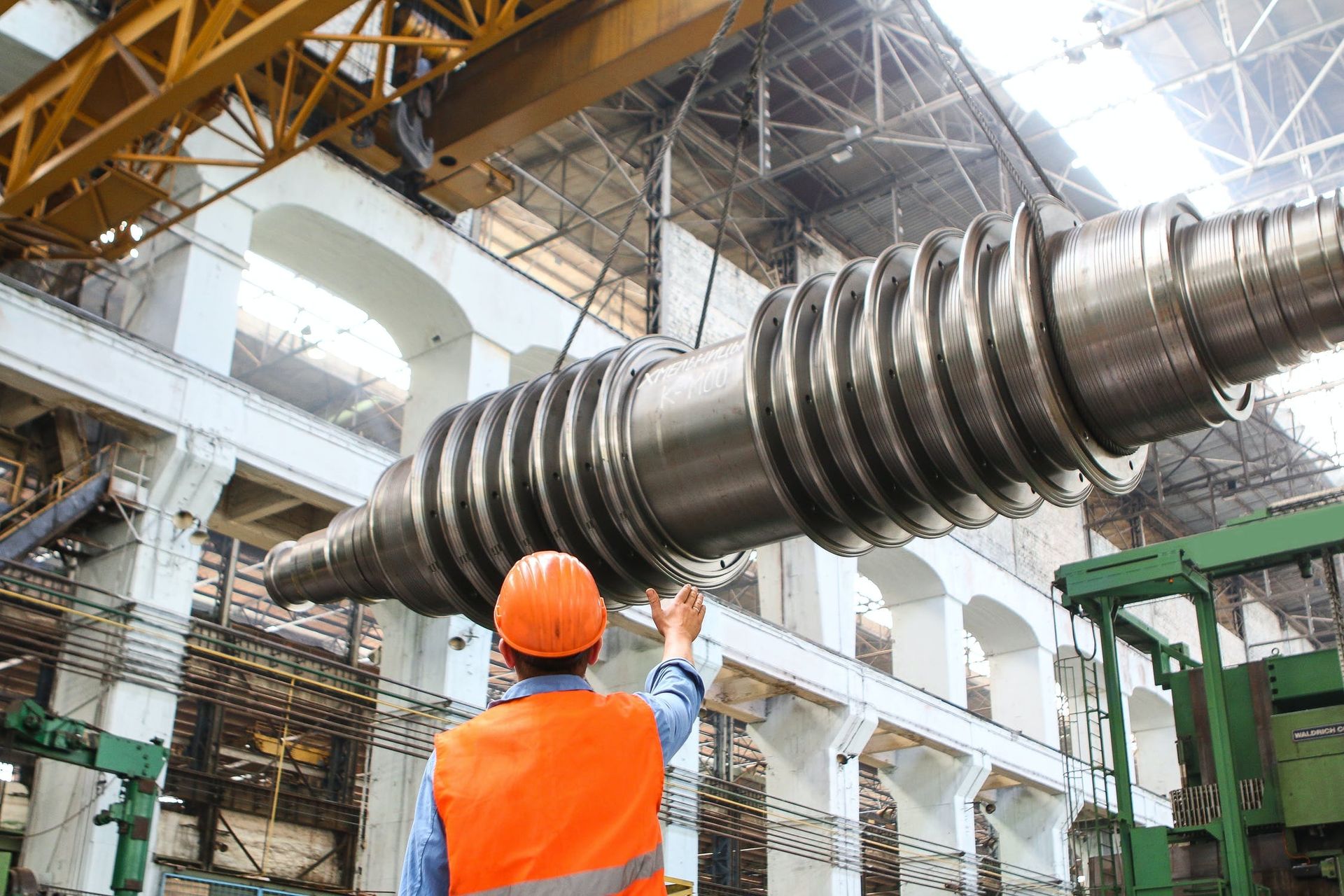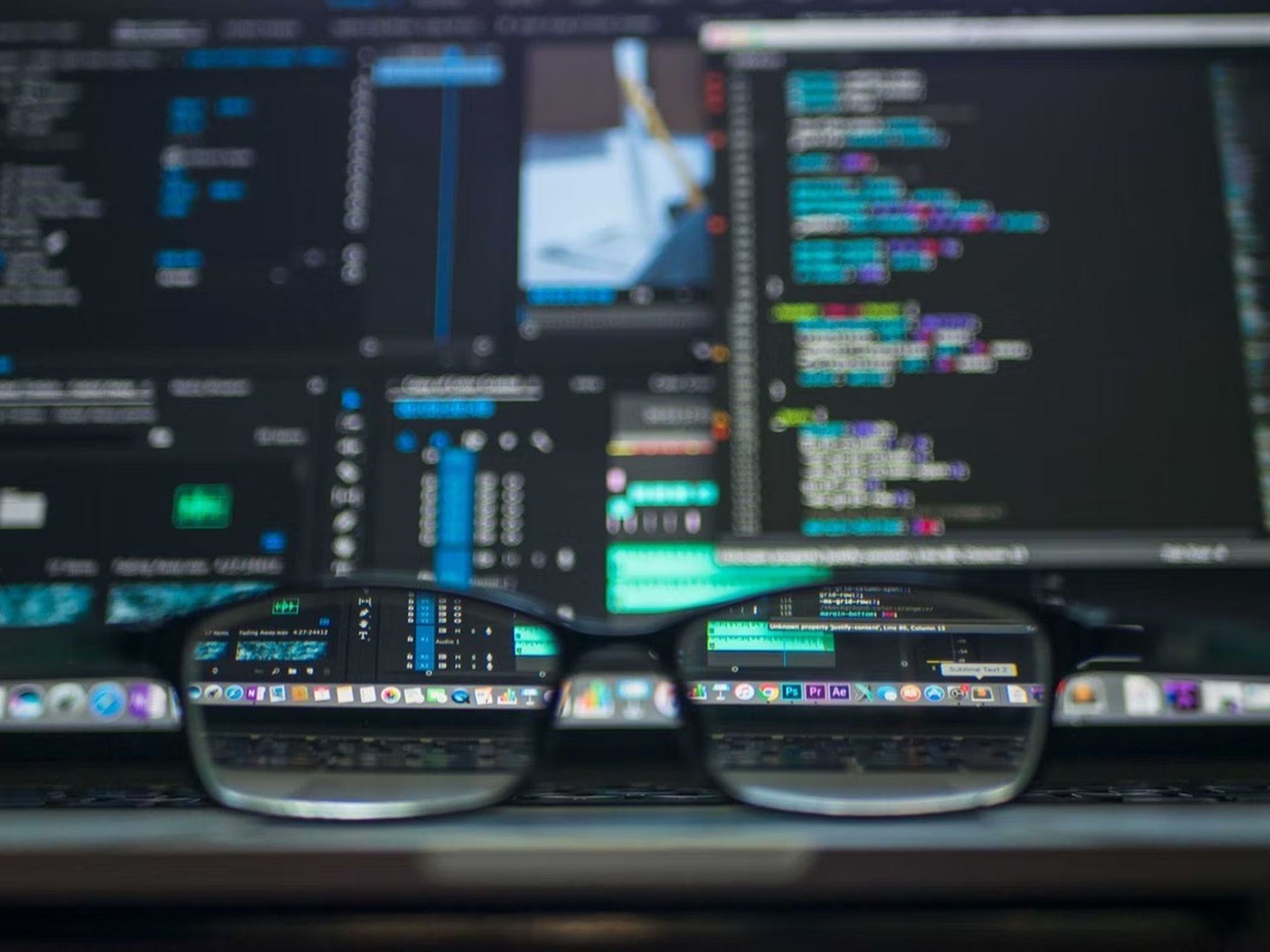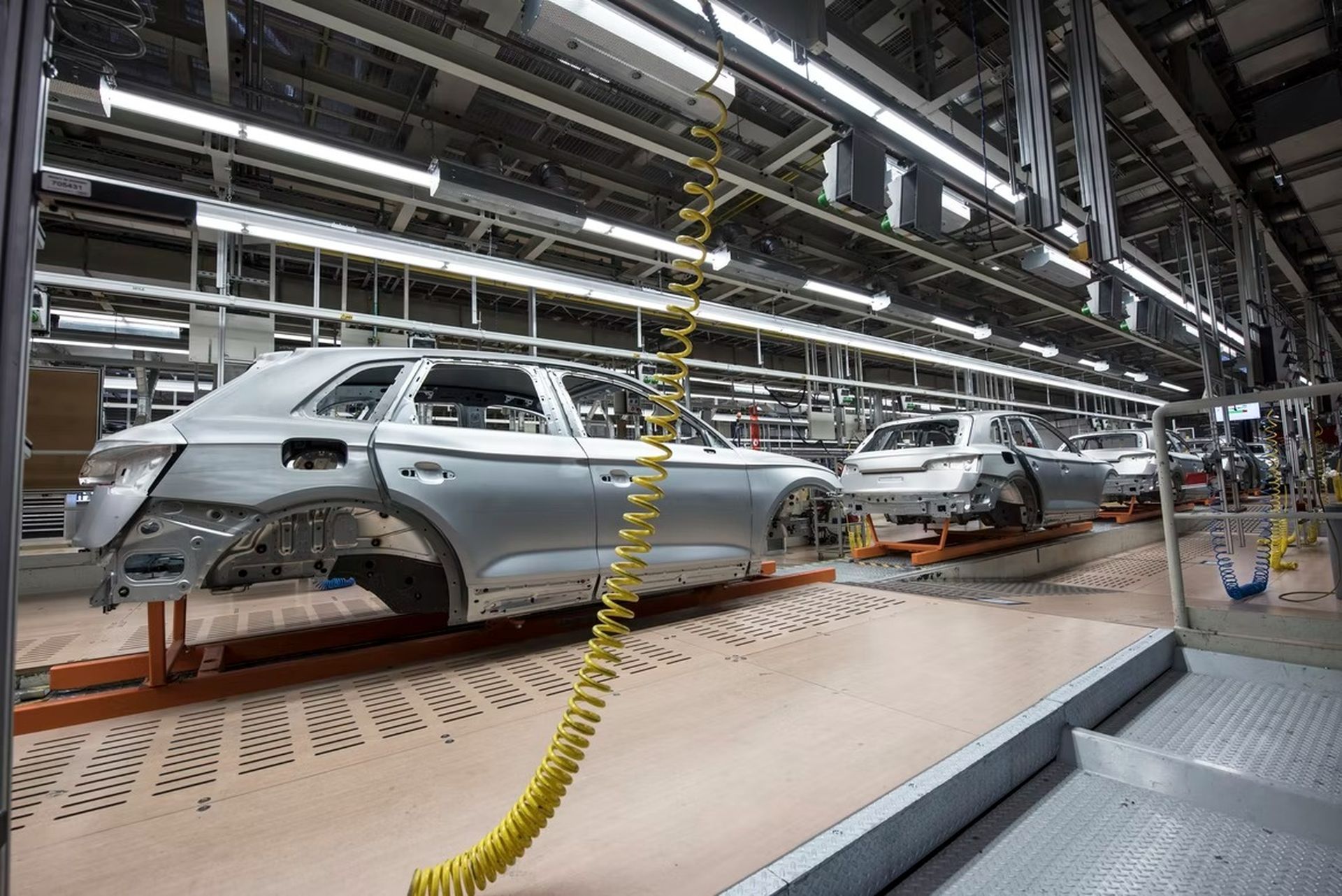The industrial revolution, which took place in the last several years, has been the most significant transformation ever faced by the industrial sector. It covers all of today’s cutting-edge technology trends, including autonomous cars, smart connected devices, sensors, computer chips, and other technologies. This metamorphosis was caused by advances in manufacturing technology that has always welcomed new ideas. One of them is AI in manufacturing.
Why do we need AI in manufacturing?
Manufacturing’s main cost is the ongoing maintenance of plant equipment and machinery, which has a major influence on any business. Also, billions of dollars in lost production line downtime occur each year due to unanticipated shutdowns. As a result, manufacturers are turning to advanced artificial intelligence-aided predictive maintenance to minimize these costs.
Manufacturers are finding it difficult to maintain high quality on agreed standards and regulations in today’s extremely short market deadlines with the heavy burden of products. Manufacturers may achieve the greatest degree of product quality through artificial intelligence in manufacturing.

Workers will be prepared for more advanced jobs in programming, design, and maintenance as millions of occupations are taken over by robots. Human-robot integration will have to be quick and secure during this periodic phase as robots entered the manufacturing floor alongside human employees, and artificial intelligence may meet this need.
Artificial intelligence methods are currently being used in the manufacturing sector for a variety of purposes:
- Neural Networks: In an input layer, a neural network receives information. The input is sent to a hidden layer, which assigns a value and sends it to the output layer. For example, there’s a new neural network that is able to read tree heights using satellite images.
- Machine Learning: An artificial intelligence procedure in which a computer program learns from training data and applies this learning to make decisions and detect patterns in actual-world data. You can learn more about the history of Machine Learning, by visiting our article.
- Deep Learning: A technique of employing machine learning that mimics the human brain, like a neural network, but the information is passed from one layer to the next for greater processing. You can find out how Deep Learning can solve the problem of global climate change here.

How is AI in manufacturing transforming the industry?
Artificial intelligence is unquestionably the key to future growth and success in the manufacturing industry. Because AI aids with problems such as decision making and information overload, almost 50% of manufacturers considered it highly important in their factories for the next five years. Using artificial intelligence in industrial firms allows them to completely revolutionize their operations.
Future of AI in manufacturing
In the near future, AI will have an enormous influence on the industrial sector in ways that we cannot yet predict, but which we can already observe. There are two intriguing developments on the horizon that include using AI with IoT to improve manufacturing and AI with computer vision.
Manufacturers in numerous sectors, such as pharmaceuticals, automobiles, food and beverages, and energy and power, have adopted artificial intelligence. The worldwide AI in the manufacturing market is attributed to growing venture capital investments, rising demand for automation, and rapidly changing industries.

According to the latest trends, increasing demand for hardware platforms and a growing need for high-performance computing processors to execute a variety of AI software are all expected to propel the worldwide artificial intelligence in the manufacturing market. AI in manufacturing is also beneficial in collecting and analyzing big data.
As a result, it is extensively utilized in numerous production applications such as machinery inspection, cybersecurity, quality control, and predictive analytics. All of these elements are anticipated to help drive the global AI in manufacturing sector forward.
Conclusion
AI is simply a more advanced version of automation, which is the inevitable consequence of the industry 4.0 transformation. It might be useful in generating new things and lowering manufacturing costs by improving quality. There’s no way that humans can be replaced, though.
The ability to adapt to changing conditions and generate higher margins is one of the most important advantages of AI in manufacturing. Companies that have embraced AI early, such as Google, have far outpaced their peers and grown rapidly, owing in large part to their superior capacity to anticipate and continually modify to ever-changing circumstances.





